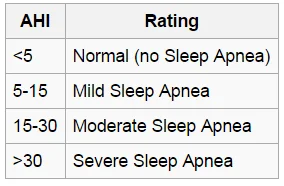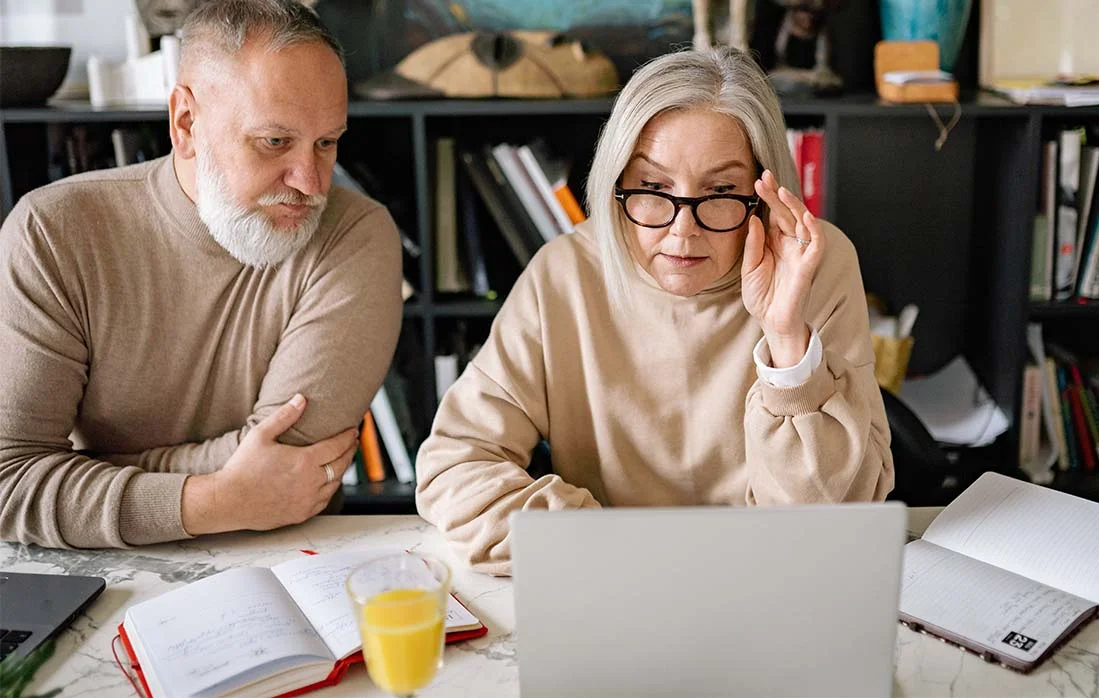The Lowdown: CPAP And Elder Adults
How productive are continuous positive airway pressure (CPAP) machines? A recent study by La Fe University and Polytechnic Hospital in Spain found that older adults just might be getting less effective results from their CPAP machine compared to younger folks.
The study suggests that the effects of CPAP in older individuals (80 years and older) are limited and also that their commitment to the use of this device is low. The study also notes that larger, randomized controlled trials will need to be conducted to analyze CPAP effectiveness for more extreme ages.
CPAP For Seniors: What The Study Looked At
The goal of the study was to look at a clinical group of elders who experience obstructive sleep apnea (OSA) and determine the effectiveness of CPAP on people 80 years and older.
The study looked at clinical trials and divided participants into two age groups. One included a randomized group of 369 adults who were 70 years and older with moderate-to-severe OSA, who were placed on CPAP or no CPAP for three months. The second group’s participants were 80 years and older with 47 using CPAP and 50 using no CPAP.
The study authors noted they were analyzing changes in the Epworth Sleepiness Scale (ESS), which establishes the level of daytime sleepiness, as well as sleep-related symptoms, quality of life, neurocognitive and mood status, and office blood pressure measurements.”
What The Study Found Out About Senior CPAP Use
Those in the CPAP group experienced significant improvement in snoring, witnessed apneas, and Apnea-Hypopnea Index (AHI). AHI, according to the American Sleep Apnea Foundation, measures the severity of sleep apnea, adding up how many breathing pauses and periods of shallow breathing occur each hour on average. The study also found that 53 percent of participants adhered to their CPAP use.

However, the ESS, Quebec Sleep Questionnaire (QSQ), a survey that measures the impact sleep apnea has on quality of life, neurocognitive tests, depression/anxiety, blood pressure levels, and related OSA symptoms all showed no clinical improvements.
What The Results Mean for Sleep Apnea Sufferers
These results do not warrant immediate panic or stopping the use of your CPAP machine. Why? According to David Gozal, the Chair of Child Health at the University of Missouri School of Medicine and senior author of the paper, sedentary lifestyles and other health disorders are often at play for these seniors that can’t be resolved by a CPAP. He says they are also less likely to commit to regular CPAP use.
As for elders at much older ages, the authors of the study explain that more randomized and controlled trials will need to be conducted to determine CPAP effectiveness for them.
Tips for Elder Sleep Apnea Care
If someone you love experiences sleep apnea (or you yourself do), here are some tips for navigating CPAP use.
- Figure out which sleeping position suits them best. How your breathing changes in different positions is crucial for those with sleep apnea.
- Assist with weight management. Help your loved one set up a healthy meal and exercise plan that works for them.
- Suggest they scale back on any alcohol or caffeine, which can keep you up or mess with REM sleep.
- Help them clean their machine. This can be a tough task for older folks, so assisting them could help with continued use.
Anyone suffering from sleep apnea should consult a doctor for proper treatment. If unable to help a loved one with their CPAP use, at-home assistance could be another option to explore.
If you found this article helpful or want to share your own CPAP experience, send us a note at carley.prendergast@pillarfour.com.


























